Arabia, the Gulf, & the GCC Blog
The “Arabia, the Gulf, and the GCC” blog features insights and analysis from the National Council on U.S.-Arab Relations as well as information about the Council’s programs, projects, events, and activities. Founded in 1983, the National Council is a non-profit, non-governmental, educational organization dedicated to improving American awareness, knowledge, and understanding of the Arab region.
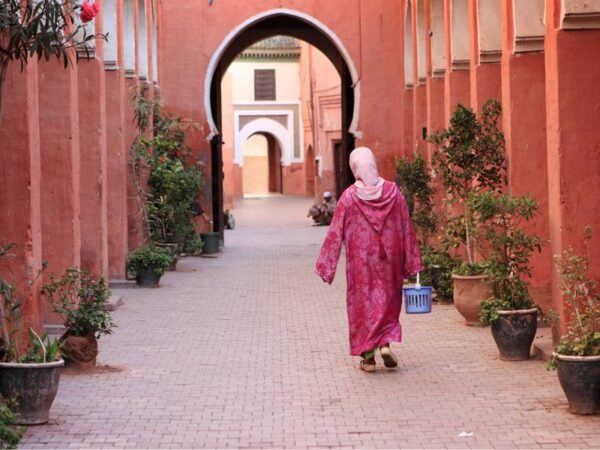
Morocco’s Moudawana Reforms and the Changing Roles of Women
By Dr. William Lawrence and Ms. Nicole Beres “Most of us educated women have illiterate mothers. The conservative
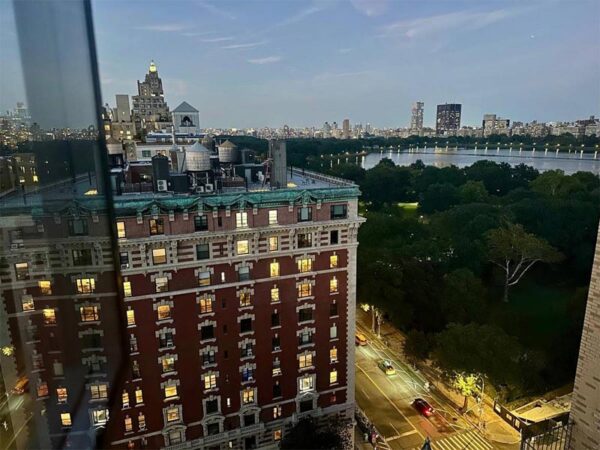
Better Together: 80 years and more for peace, development and human rights.
Last week, New York celebrated the 80th anniversary of the United Nations with over 150 heads of state

Turning Adversity Into Art, Resilience & Purpose
National Council on U.S.-Arab Relations Board of Directors Member Ms. Paige Peterson appears on “The Pathway To Peak

Converse University Explores the Power of Model Diplomacy through the National Council’s Youth Leadership Development Model Arab League Program in their Latest Promotional Video
Discover the transformative journey of Converse University students as they engage in the Youth Leadership Development Model Arab
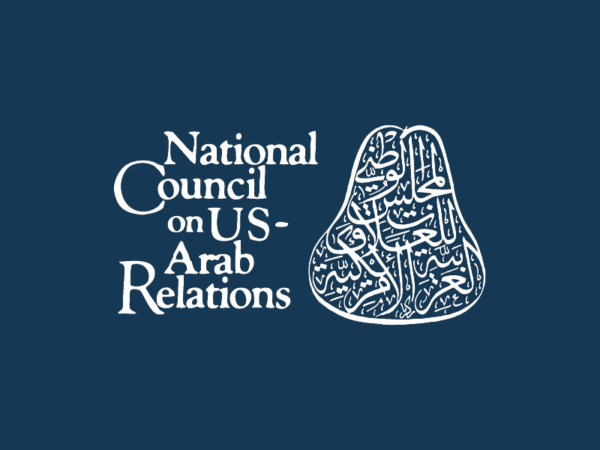
The National Council on U.S.-Arab Relations Visits Morocco’s Inspirational IDMAJ Foundation: Transforming the Lives of Youth and Women
By Dr. William Lawrence and Ms. Nicole Beres The National Council on U.S.-Arab Relations visited the world renowned
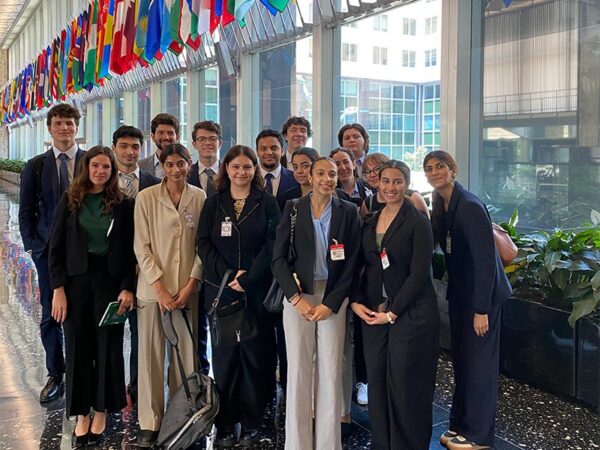
2025 Washington D.C. Summer Internship Wrap-Up
Last week, the National Council on U.S.-Arab Relations proudly wrapped up the 2025 Washington, DC Summer Internship Program

National Council on U.S.-Arab Relations Announces Executive Leadership Transition
For Immediate Release June 30, 2025 Contact: Mr. Patrick Mancino 202-293-6466 info@ncusar.org June 30, 2025, Washington, D.C., U.S.A.:
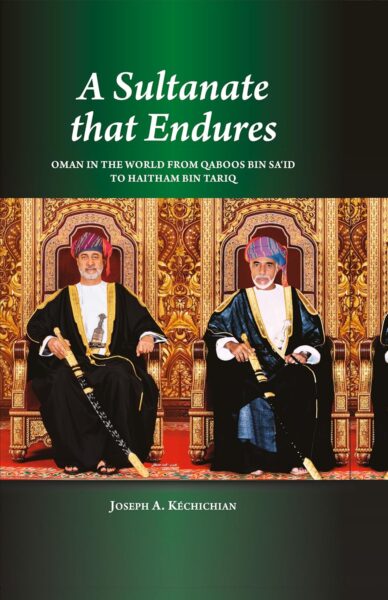
A Sultanate That Endures
Joseph Kechichian, Liverpool University Press, 2023 420pp. ISBN 17899762065 $60, 978-1789762068 $150 A Book Review by Dr. John
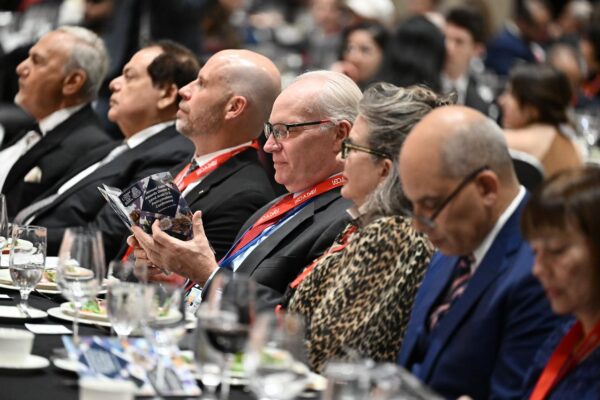
National Council on U.S.-Arab Relations Conference and Awards Gala Bring Together Top Policymakers
By Ms. Paige Peterson and Dr. William Lawrence HRH Prince Turki Bin Faisal, H.E. Mohamed Abou El Enein,
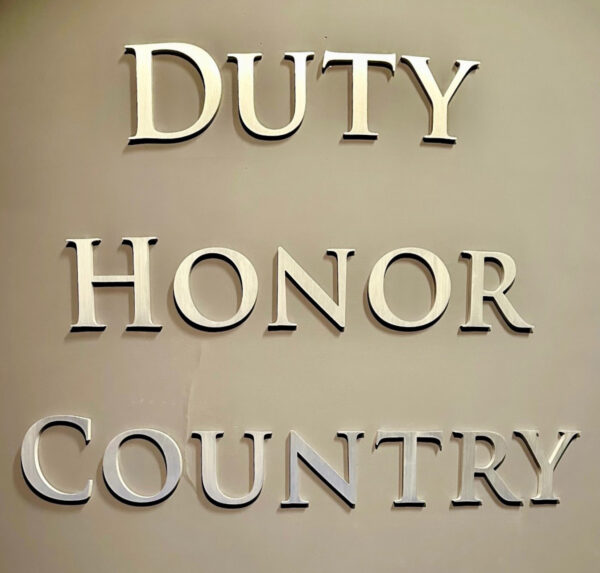
A Day at West Point: Forging Alliances, Connecting Cultures
By Paige Peterson and Colonel (Ret.) Abbas Dahouk The United States Military Academy at West Point stands among

Carolinas Committee on U.S.-Arab Relations Spring 2024 “NEWSLINES”
The Carolinas Committee on U.S.-Arab Relations (CCUSAR), with Dr. Joe P. Dunn serving as Director, is an initiative of

Community Connections in Asir: Prince Turki and Maha, King Khalid University, and the Abha Football Club
The Kingdom of Saudi Arabia has mountains, beaches, coral reefs, grasslands, forests, all in addition to the largest
